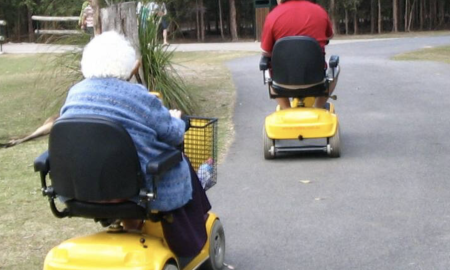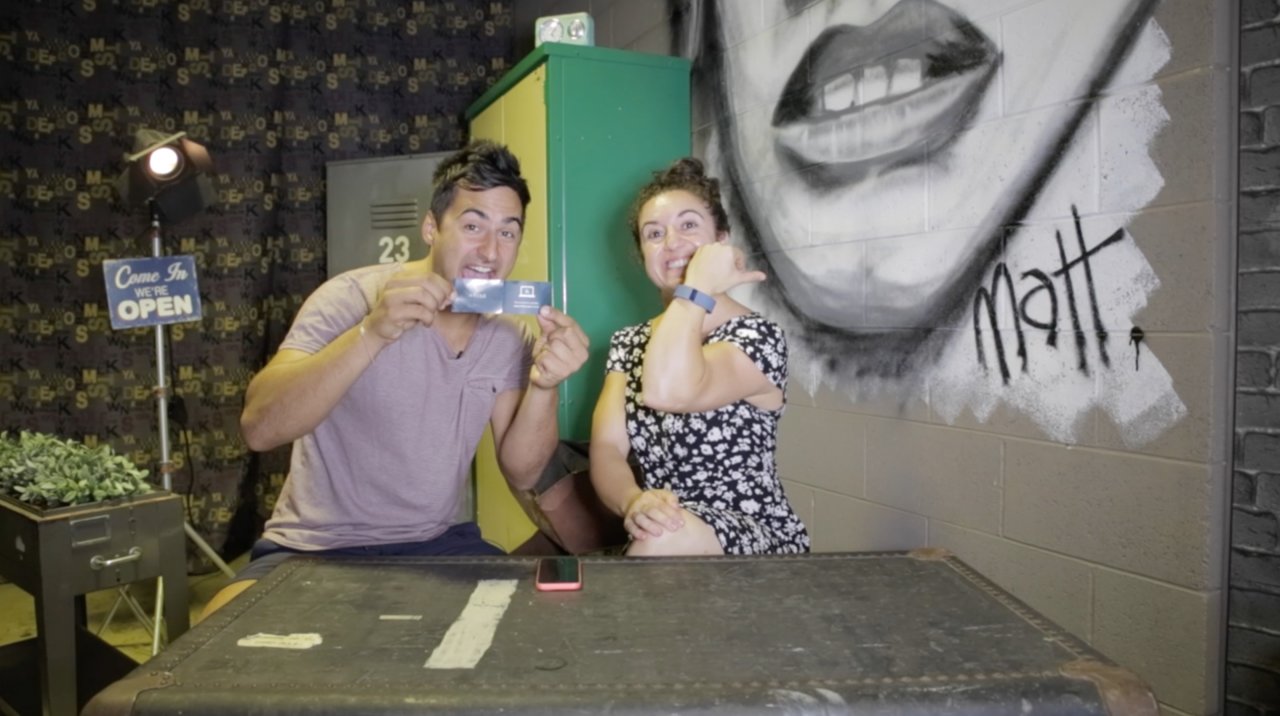
Dealing with a personal injury, whether it be from an on-the-job accident or a medical operation gone wrong, can completely change a person’s life. If you have experienced a personal injury and you are beginning the legal process to get compensation, check out the complete overview below to understand the key concepts, steps taken, types of personal injury cases, and the role that attorneys play in the process.
Key Concepts of Personal Injury Law
In the realm of law, personal injury law refers to the representation of a victim of an injury in the pursuit of seeking justice and some form of compensation for their injuries. In most personal injury cases, negligence is to blame for the injury.
Negligence
Negligence can come in many forms. From reckless driving to insufficient safety protocols in a workplace, there is usually someone to blame for a personal injury. If you believe that your injury was caused due to negligence, reach out to a personal injury lawyer in Hartford, CT who can walk you through your rights and help get you adequate compensation. It is the lawyer’s job to research and find out which party was negligent in your personal injury case. To find a party negligent, there must be four different steps that had to have occurred leading up to the injury: duty of care, breach of duty, causation, and damages.
Duty of Care
Duty of care means that a party in authority, whether that is a manager, a surgeon, or a company’s CEO, has the duty to keep their employees or patients safe. This duty may be stated in a work contract or the paperwork leading up to surgery. In other cases, like car accidents, the duty of care falls on each driver as they have a duty to not cause harm to other drivers on the road. If they neglect that duty, then that is called a breach of duty.
Breach of Duty
When a breach of duty happens, it is either due to an action that caused injury like a car swerving and hitting another car, or an inaction like a business not implementing sufficient safety protocols to keep its employees safe. Finding proof of a breach of duty is very helpful when trying to get compensation for an injured party.
Causation
Once a breach of duty is found, a lawyer will then have to find a way to prove that this breach of duty is the exact reason why the person got injured. If a lawyer can build a case for causation, they can get their client good compensation and even enact change within a business so that no one will get injured again.
Damages
When it comes to compensation, damages are the monetary compensation that a lawyer will argue the injured deserves. These can include compensation to cover medical bills and ongoing therapies, damages to cover pain and suffering, and punitive damages which usually end in an amount high enough for the defendant to suffer financially for their negligence.
If all four of these elements of negligence are found, then the injured party has a good case and will likely find sufficient compensation for the wrong done to them.
Steps of A Personal Injury Lawsuit
Injury Reporting
The minute an injury occurs, no matter the severity, it must be reported. This is primarily a step in cases that involve workplace injuries as all businesses should have a system of reporting in place. For example, if you are working with heavy machinery and it malfunctions and injures you, you need to immediately go to a supervisor and report the incident. The sooner it is reported, the better chance you have to get compensation because you can link the injury to a workplace hazard.
Filing a Claim
After suffering an injury and possibly ending up in the hospital for it, filing a claim against the wrongdoer. This may be an employer, manager, the person who caused a car accident, or even a doctor who is culpable for the injury. To file a claim, you should first meet with an attorney so that they can create the claim for you. The claim should outline the incident that caused the injury, the reasons why the case should be fought, and the damages sought by the injured party.
Evidence Gathering
At this point, the lawyer will work with the injured to get a detailed report of what happened and compile evidence to prove that the defendant was in the wrong. They may interview witnesses and take statements as well as research a company’s safety history, a doctor’s track record, or a driver’s accident history. Depending on the injury and how it occurred, this step may take weeks or months to compile a good case.
Settlement Negotiations
If the case is cut and dry, it may not have to go to trial and will end in this step. This is when the lawyers of the parties involved will negotiate damages and settle the case.
Trial
If the case is more complicated, it will go to trial where the lawyers will present all of the evidence they have gathered and the injured may have to testify on their own behalf. The judge will then decide on the compensation and determine who is at fault for the injury.
Appeals
If a trial ends unsatisfactorily, the losing party may appeal to the court for a retrial. They may argue that there were legal errors and the appeal process will focus on that more than the evidence that was presented in the case.
The Role of Attorneys
Attorneys are an essential part of personal injury cases, especially if the injured are too incapacitated or traumatized to speak for themselves. A lawyer also serves as a great source of information for injured parties who have a lot of questions about their case. They serve as a guiding light throughout the process and do all of the research to make sure that their client is compensated fairly.
Personal injuries are a big part of the law as accidents happen. When accidents are avoidable, this is when lawyers are needed to dig deep and find out how certain injuries could have been prevented. If you were recently injured and you are seeking compensation, find a local personal injury lawyer who will help you through this complicated process.


















Follow Us